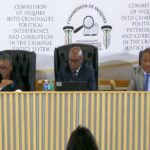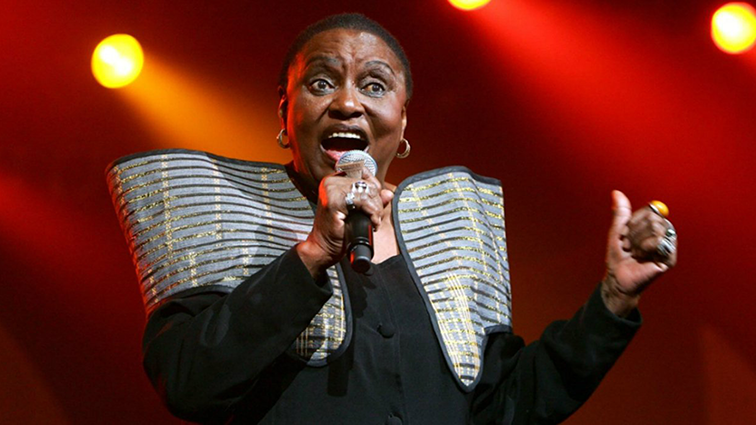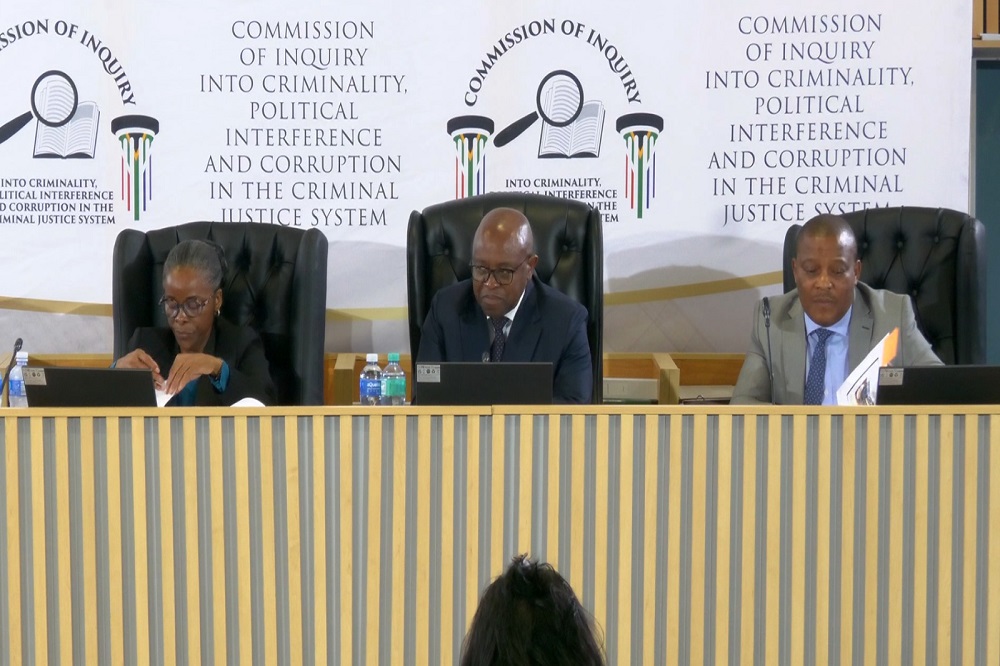-
Miriam Makeba
The University of South Africa’s Thabo Mbeki African School of Public and International Affairs, in partnership with the Miriam Makeba Foundation, celebrated the life and legacy of the late global music icon and activist, Miriam Makeba.
The institution hosted the Third Annual Miriam Makeba Memorial Lecture in Pretoria on Thursday.
First introduced in 2023, the lecture was established to honour Makeba not just as a renowned singer, but also as a freedom fighter, cultural diplomat, and liberator.
Known affectionately as ‘Mama Afrika’, Makeba used her voice to uplift and empower people all around the world.
Despite being exiled from South Africa and her music being banned at one point, she continued to advocate against apartheid and participate in numerous liberation movements.
Acting Executive Dean for Thabo Mbeki School, Professor Edith Phaswana, says that Makeba’s impact and influence continues to be felt in present day.
“As we embark on this journey of exploration, let us take a moment to acknowledge the hard work and dedication that has brought us together – the life and the works of Mama Miriam. I’m emphasising the life, the hard work, and the dedication, because we were all touched by what she represented internationally. people got to know who South Africans are, especially black South Africans, and all of that makes her legacy very special and dear to us,” Phaswana says.
Counsellor from the Embassy of the Republic of Guinea in South Africa Vincent Kone, says that after her exile, Makeba, along with her family, relocated to Guinea in 1968, where she was welcomed with open arms.
“She was not only South African, she was also African and representative of oppressed people in her mind and her blood. Offering hospitality and Guinean citizenship to Mama Mariam Makeba, President Ahmed Sékou Touré didn’t do it because it was a media publicity, it was a duty for the people of Guinea. Because, as you know the President Ahmed was a great Pan-Africanist and also Mama was fighting for the liberty and the freedom and the dignity of all people, especially for the African people,” Kone explains.
VIDEO | UNISA honours Makeba’s legacy
The Third Annual Miriam Makeba Memorial Lecture is underway, hosted by the @MbekiSchool & the Miriam Makeba Foundation. Adv. Sipho Mantula from the Thabo Mbeki African School of Public and International Affairs shares overview. #3rdMMMemorial pic.twitter.com/S3IdPYdJUg
— UNISA Radio (@unisaradio) April 24, 2025
Film producer Faith Isiakpere says, despite her global stature, Makeba was also known to be grounded and compassionate.
“I was introduced to Mazi and it changed my life okay and um the thing about Mazi is that we’re talking about languages we are talking about that didn’t matter to Mazi what mattered to Mazi is what you have in your soul. she was a mother to me for more than 40 years I travel the whole continent with Mazi I travel all over the world with Mazi and there are two people here apart from my wife of 31 years there’s brother Sele here who’s known me for nearly 50 years so if I lie we said to and then my sister mara because I think they’re the only three people who know me in this room but it doesn’t really matter because what happened is that Mazi showed me what it was like to be an African.”
Mara Louw, a fellow singer, says that Makeba played an instrumental role in her own career.
“Miriam Makeba was my greatest inspiration. In fact, I’m proud to say she was my idol. I looked up to her for inspiration and today I’m proud to stand up here and say there will never be another one like Miriam Makeba. My only wish to the upcoming generation is to learn from those who came before you, instead of trying to change the narrative,” Louw says.
As the country gears up to celebrate Freedom Day, Miriam Makeba’s contribution to fighting against the apartheid regime continues to be fondly remembered.
VIDEO | 14 years since the death of humanitarian, musical icon Miriam Makeba: Adv. Sipho Mantula











